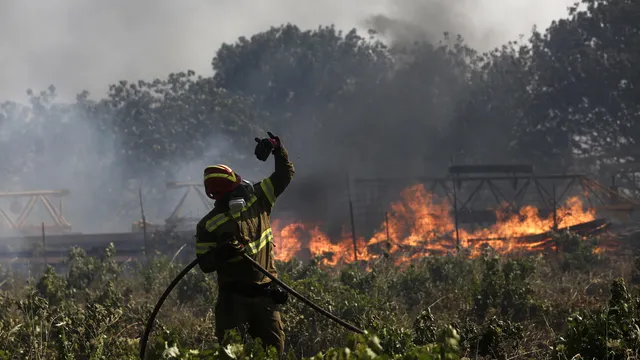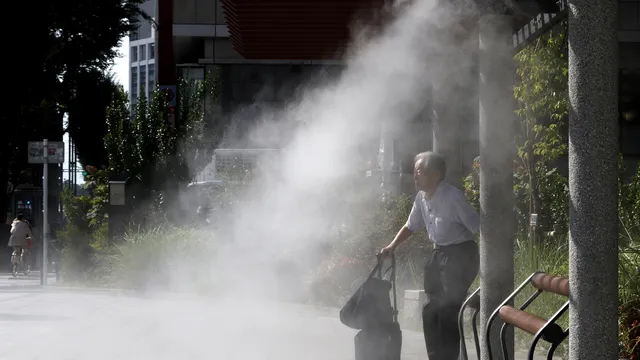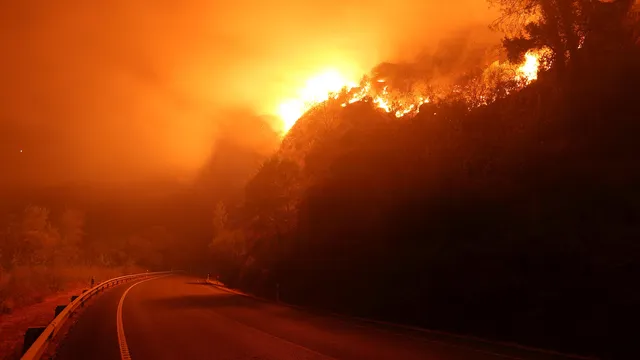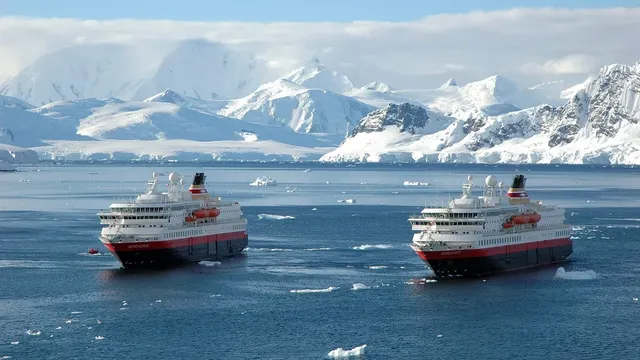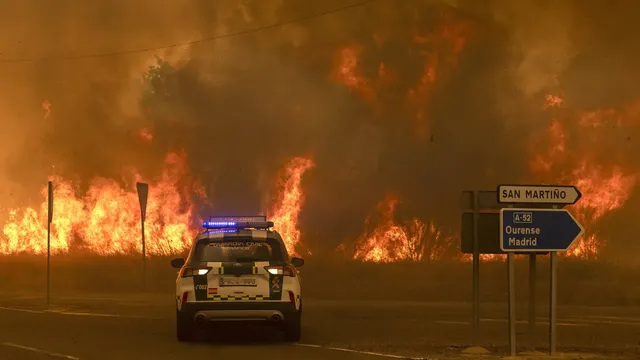About 230 firefighters and six helicopters are still at the scene near the resort town of Ierapetra, where 3,000 tourists had to leave their hotels and homes on July 2.
"The fire is retreating," fire department spokesman Vasilios Vatrakoyannis told AFP.
"There are still fears of flare-ups, but there is no longer a large front," he added.
There are still scattered pockets of fire and firefighters are battling several smoky areas where new flare-ups have occurred, the fire department said.
However, the wind has died down in the hard-to-reach area, improving the situation.
Another fire, fanned by strong winds, which broke out near the port of Rafina, about 30 kilometers east of Athens, was brought under control on July 3, authorities said.
However, due to the fire's proximity to Athens International Airport, fire crews remain on standby as winds are still strong.
The fire, which led to the evacuation of 300 people, destroyed several houses and vehicles, district mayor Dimitris Markou told state television ERT.
The fire also disrupted ferry services to tourist islands in the western Aegean Sea, including Mykonos.
Until now, Greece had been spared the heatwave that has scorched parts of Europe, particularly Spain, Portugal, and France. But from this weekend, temperatures will rise to 43°C in some parts of the country.
Hot and dry weather is not unusual for Greece at this time of year, with an increased risk of devastating forest fires, which have plagued the country in recent years. | BGNES

 Breaking news
Breaking news
 Europe
Europe
 Bulgaria
Bulgaria
